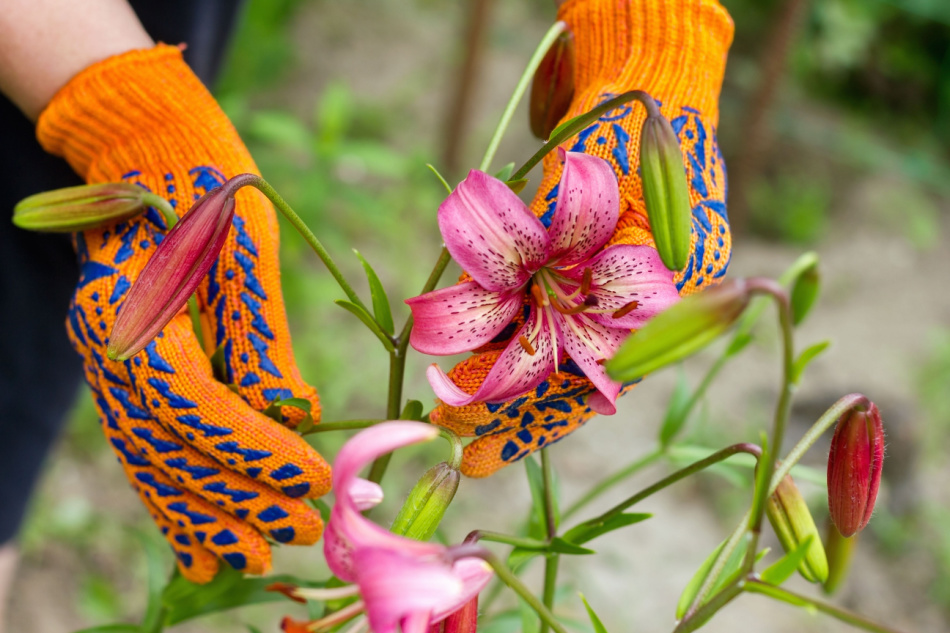In recent years, scientists have discovered that the microbiome—informally known as the gut—is key to helping our bodies maintain homeostasis and overall well-being. But what exactly is the microbiome and why is it important? The microbiome is the makeup of bacteria and other microorganisms in the stomach and intestines. Everyone’s microbiome is unique, but there a few generalities about what’s healthy and what’s not.
Healthy people tend to have a diverse array of organisms in their microbiome whereas an unhealthy individual will have much less diversity as well as an increase of bacteria associated with disease. Now that’s all fine and dandy, but how do you make sure your microbiome is diverse? Much of it has to do with your diet, eating a wide range of foods, including fermented foods, which have been shown to help strengthen gut health.
Diet, however, isn’t the only thing that affects the microbiome. Research shows that babies delivered vaginally grow up to have more diverse microbiomes than those delivered via C-section, thanks to the exposure they get to different bacteria as they pass through the birth canal. Breastfeeding has also been shown to foster beneficial gut bacteria. The environment you grow up in matters too as exposure to germs and bacteria, within reason, can strengthen microbiomes. If you’re interested in learning more about gut health and how to boost it, have a look here!










